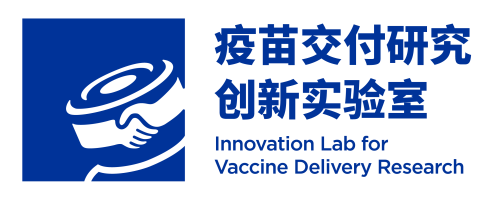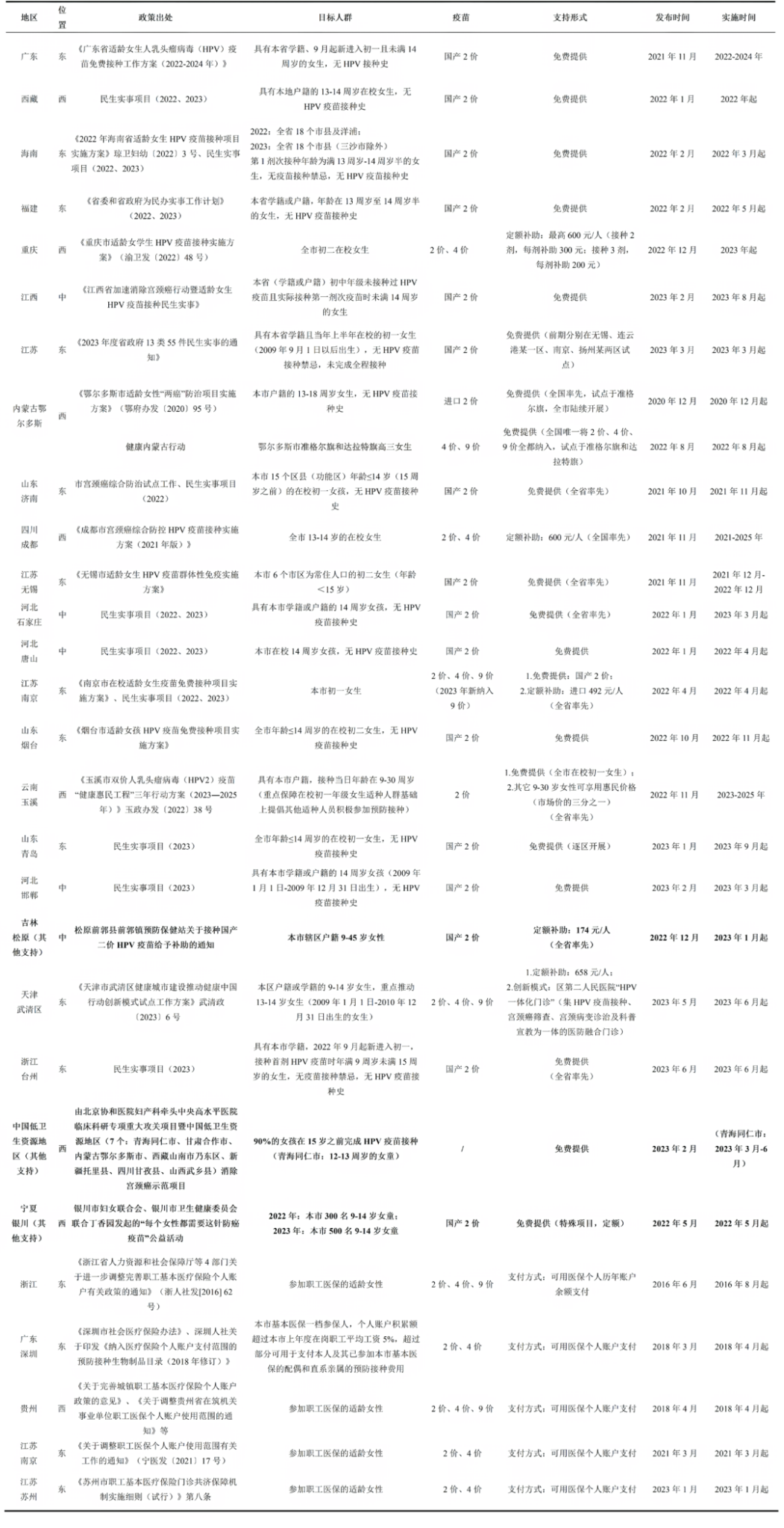In late June 2025, the global summit themed “Health & Prosperity through Immunisation” marked a record number of donors pledging support for Gavi, the Vaccine Alliance, raising over USD 9 billion for its next strategic period (2026–2030). However, this is the first time Gavi has failed to meet its replenishment target of USD 11.9 billion.
Currently, one in five children worldwide still lacks access to basic vaccines, while outbreaks of preventable diseases such as measles and meningitis are on the rise, threatening decades of global health progress. With shrinking health budgets and fiscal challenges in many low-income countries, setbacks in immunisation are expected. Cuts to foreign aid, including a USD 30 billion reduction in the past year, add further pressure to sustain and expand Gavi’s achievements.
Europe Emerges as Gavi’s Largest Donor
The summit, co-hosted by the EU, the Gates Foundation, and Gavi with support from Global Citizen, brought together representatives from 55 donor and recipient countries. The Gates Foundation pledged USD 1.6 billion, continuing its long-term support for child survival. The European Commission committed EUR 360 million, contributing to “Team Europe’s” total pledge of over EUR 2 billion, making it Gavi’s largest collective donor.
This summit also welcomed a record number of new donors. Gavi-implementing countries pledged a historic USD 4 billion to support national immunisation programmes and expand vaccine manufacturing, including capacity building in Africa. Partnerships with the private sector were also announced, including the USD 40 million Innovation Scale-Up Fund to accelerate impactful vaccination initiatives. In additionTemasek Foundation, UBS Optimus Foundation, and the Clinton Health Access Initiative partnered with Gavi to launch a USD 4.54 million project in Indonesia, leveraging digital health tools and antenatal care to reach zero-dose and under-immunised children.
Innovative Financing and Future Outlook
Multilateral development banks committed additional financial mechanisms exceeding USD 4.5 billion, including USD 3 billion in partnerships to provide flexible, long-term support as countries transition to self-financing. Gavi is exploring a “multiplier mechanism” to enhance co-investments and pledged USD 1.5 billion for emergency responses, such as pandemics. Agreements include up to USD 1 billion from the Asian Infrastructure Investment Bank (AIIB), extended financing with the European Investment Bank (EUR 1 billion), new cooperation with the Asian Development Bank (ADB) across 36 Asia-Pacific countries, and at least USD 2 billion from the World Bank for primary health systems.
Over the past 25 years, Gavi has halved child mortality, delivering vaccines to over 1.1 billion children in 78 low-income countries and preventing nearly 19 million deaths from diseases such as measles, pneumonia, and diarrhoea. Its co-financing model has enabled 19 countries, including Indonesia, to “graduate” from Gavi support and even become donors themselves.
Bill Gates emphasised that “Gavi is one of the most cost-effective investments for saving lives and improving health.” Gavi CEO Sania Nishtar reaffirmed the alliance’s commitment to innovative partnerships, last-mile immunisation, and building a healthier, more prosperous future.
More can be found in these articles:
World leaders recommit to immunisation amid global funding shortfall. Available at: https://www.gavi.org/news/media-room/world-leaders-recommit-immunisation-amid-global-funding-shortfall
Global Summit: Health & Prosperity through Immunisation. Available at: https://www.gatesfoundation.org/ideas/speeches/2025/06/bill-gavi-health-global-summit
Content Editor: Ruitong Li
Page Editor: Ruitong Li





